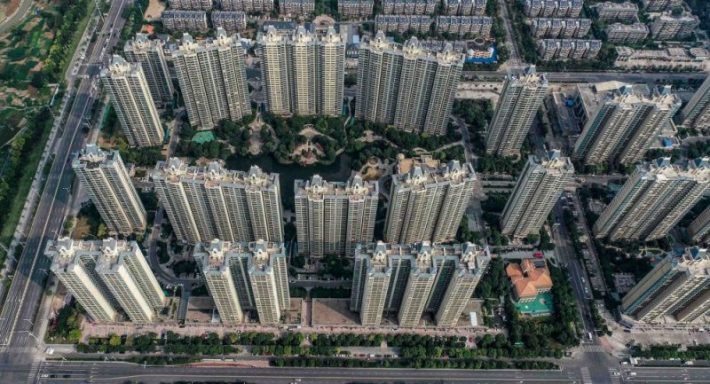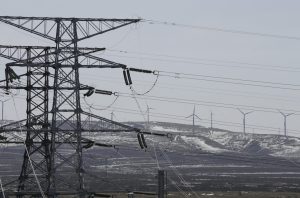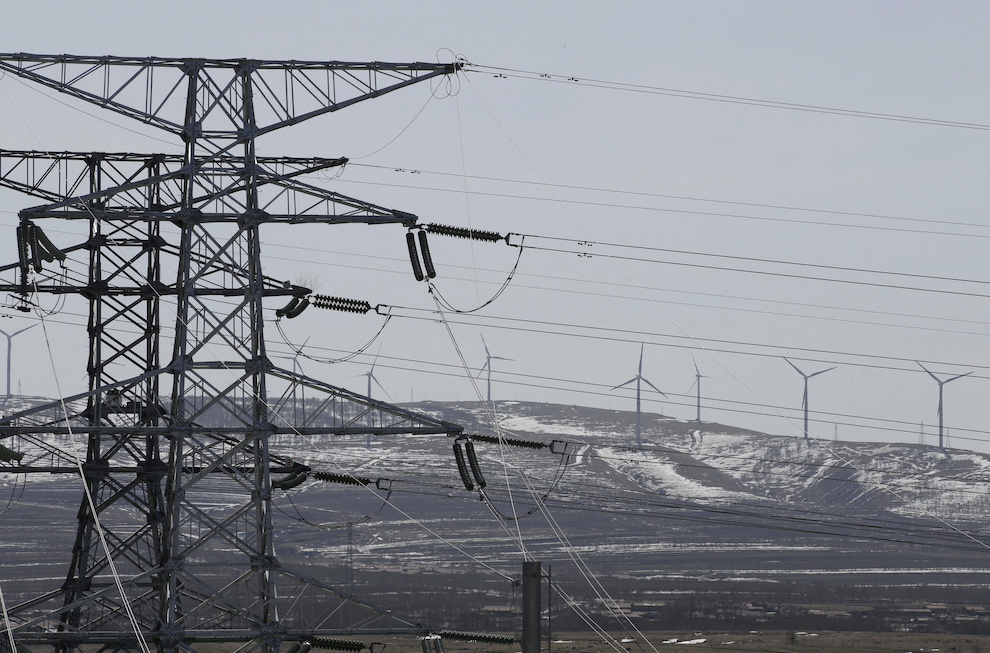The conditions are not right for China to expand a property tax trial this year, state-run Xinhua news agency quoted the finance ministry as saying on Wednesday, suggesting authorities fear further damaging confidence in the sector.
China’s property market chilled last year as Beijing’s deleveraging campaign triggered a liquidity crisis at some major property developers, resulting in bond defaults and projects being shelved or left unfinished.
Overall demand remains sluggish, though a slew of measures have been put in place to revive buying interest. New home prices stalled in February after edging up a month earlier, official data on Wednesday showed.
The implementation of a property tax faces challenges, including macroeconomic pressures and downward pressure on the real estate market, said Yan Yuejin, research director of Shanghai-based E-house China Research and Development.
“This move is bound to reduce home buyers’ concerns,” said Yan, adding it was also favourable for real estate companies.
Chinese vice premier Liu He on Wednesday urged government bodies to roll out market-friendly policies and “cautiously” introduce measures that risk hurting markets. He also pledged to tackle risks in the property sector.
Property Tax Pilot
China will implement city-specific policies to promote the healthy development of the property sector, premier Li Keqiang told the annual meeting of parliament earlier in March.
In 2011, China launched a property tax pilot in Shanghai and Chongqing, and the idea of rolling out a new trial has been resisted by stakeholders, including local governments that rely heavily on land sales as a source of financing.
In October, the top decision-making body of parliament said it would roll out a pilot real estate tax in some regions, but did not identify the regions or give other details.
Most analysts were expecting the property tax to be delayed, according to a Reuters poll last month.
At the annual meeting of parliament earlier this month, China omitted a potential property tax in its 2022 legislative plan for the third consecutive year.
- Reuters, with additional editing by George Russell
READ MORE:
China’s Sunac Seeking Extension for $630m Bond Repurchase
Xiconomics: China’s New Development Philosophy – Xinhua
AF TV – Evergrande Debt Crisis: Five More Developers on the Brink of Default
























